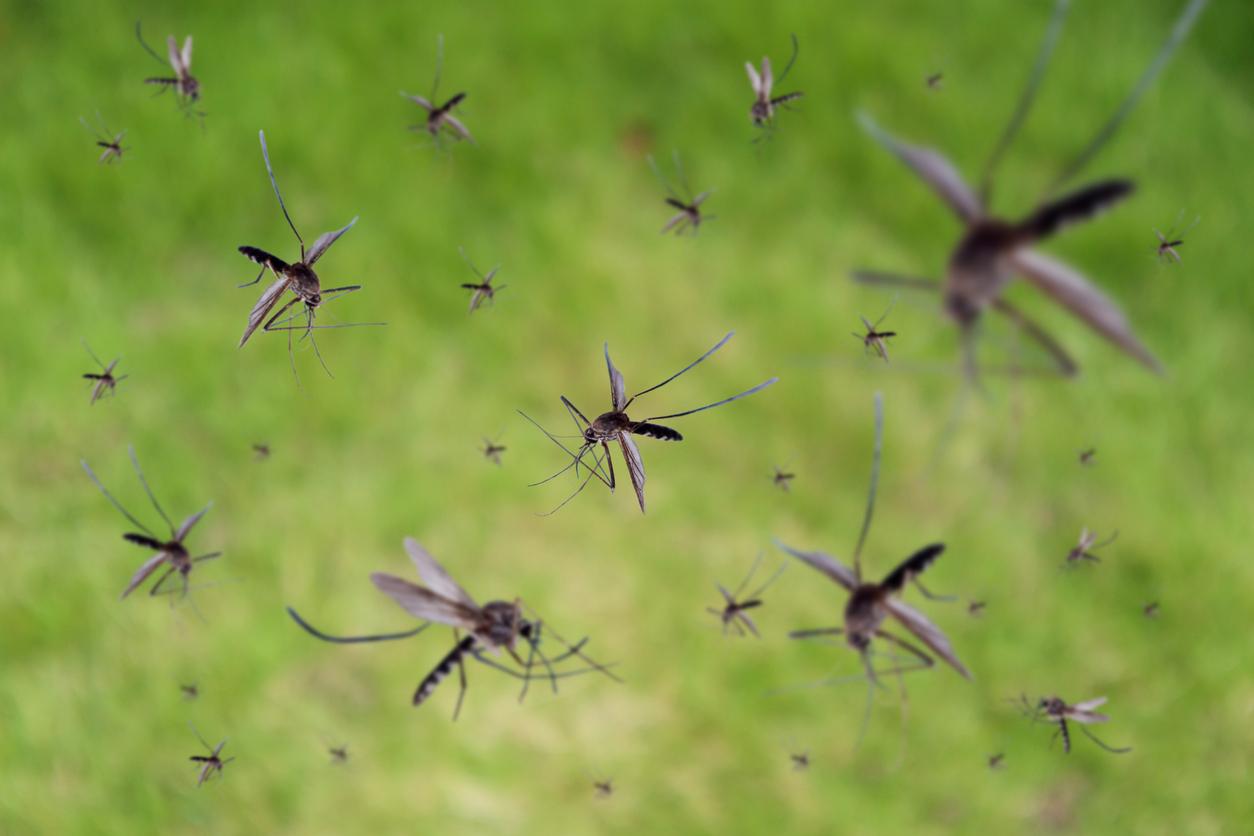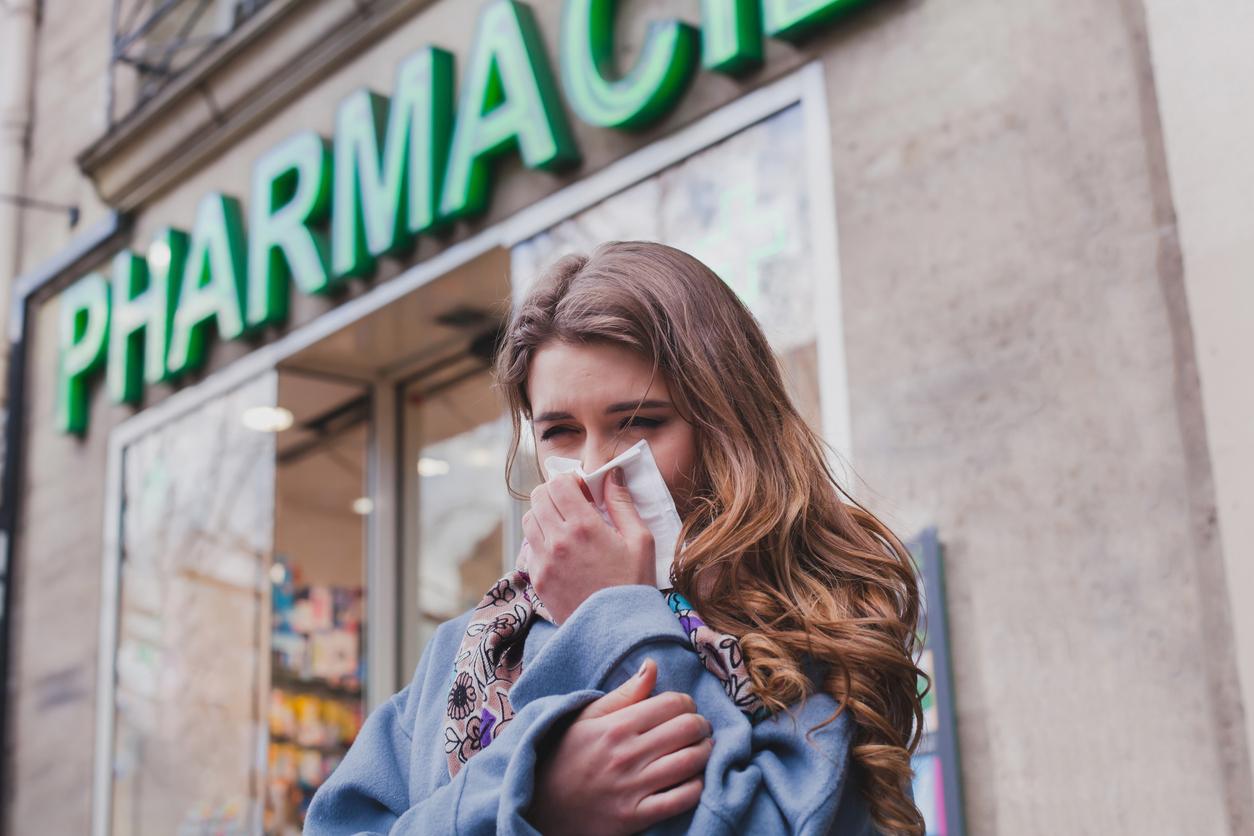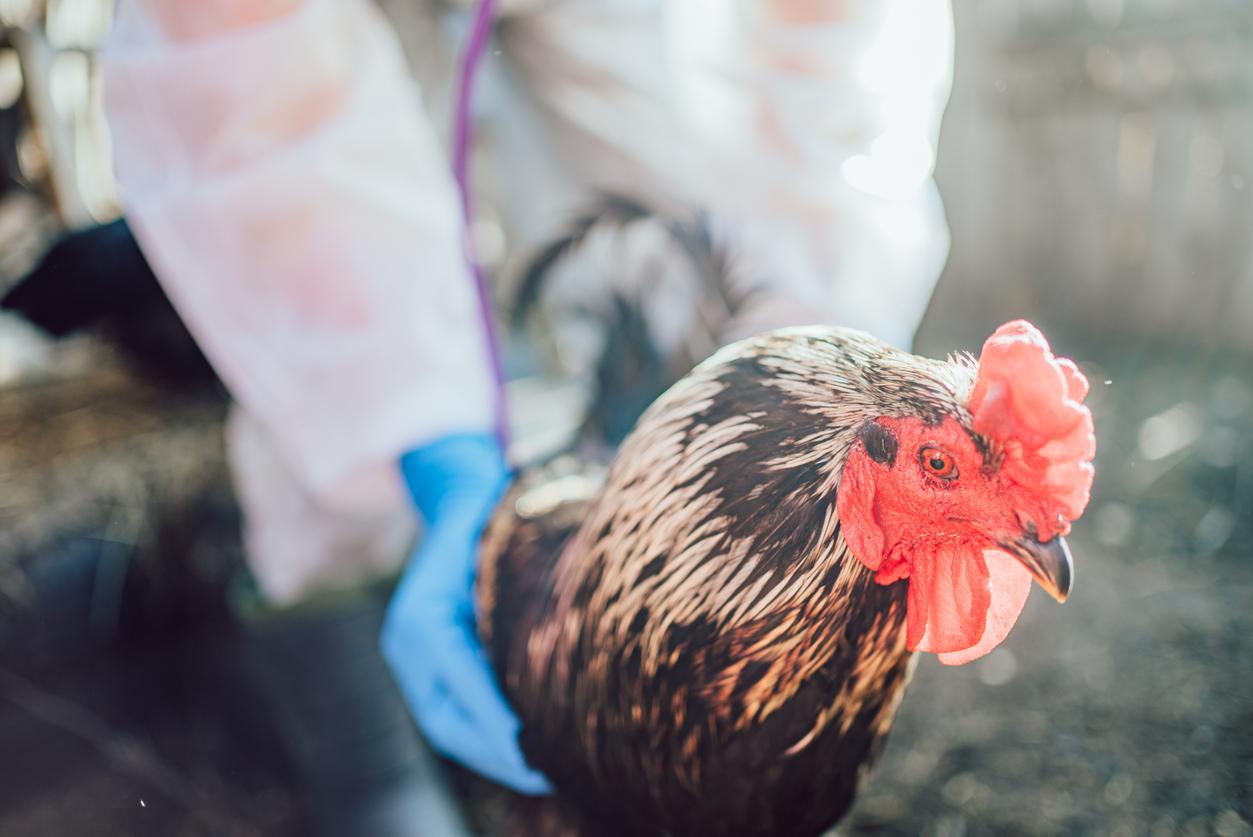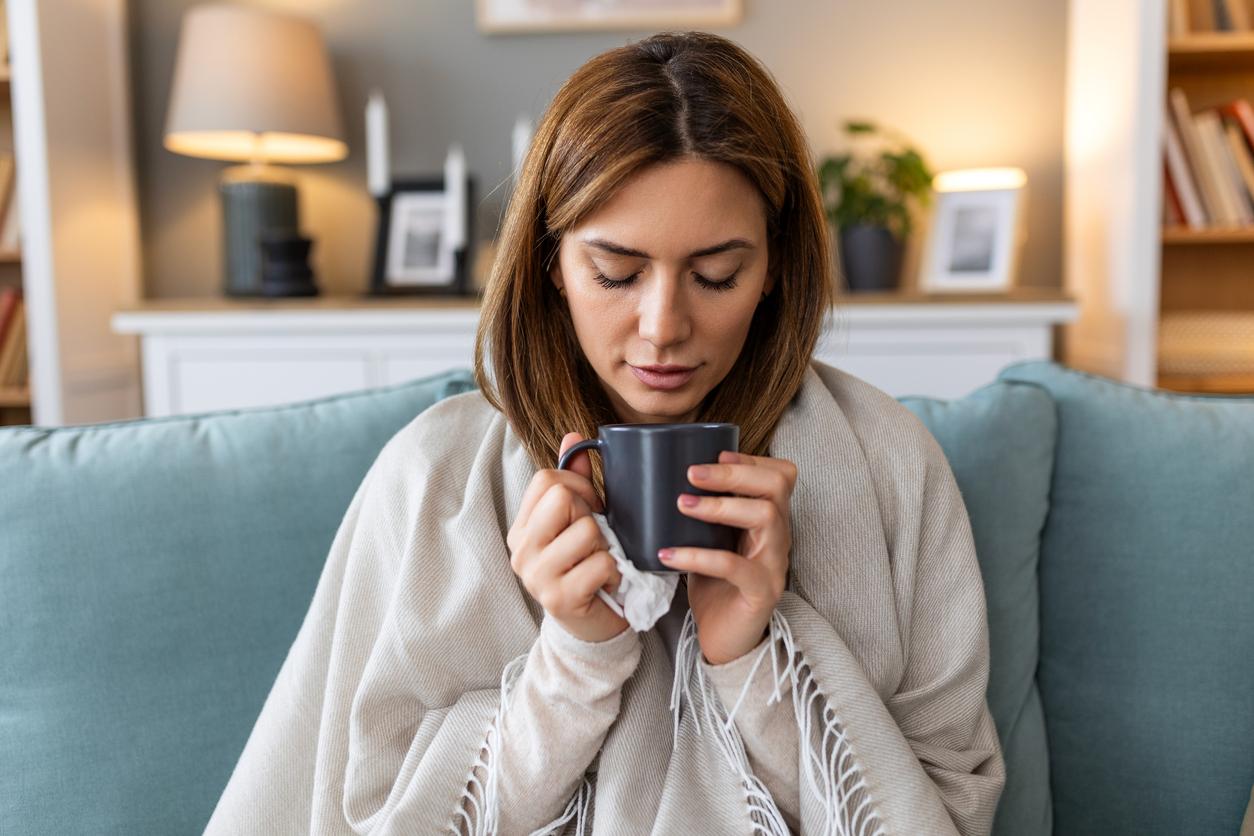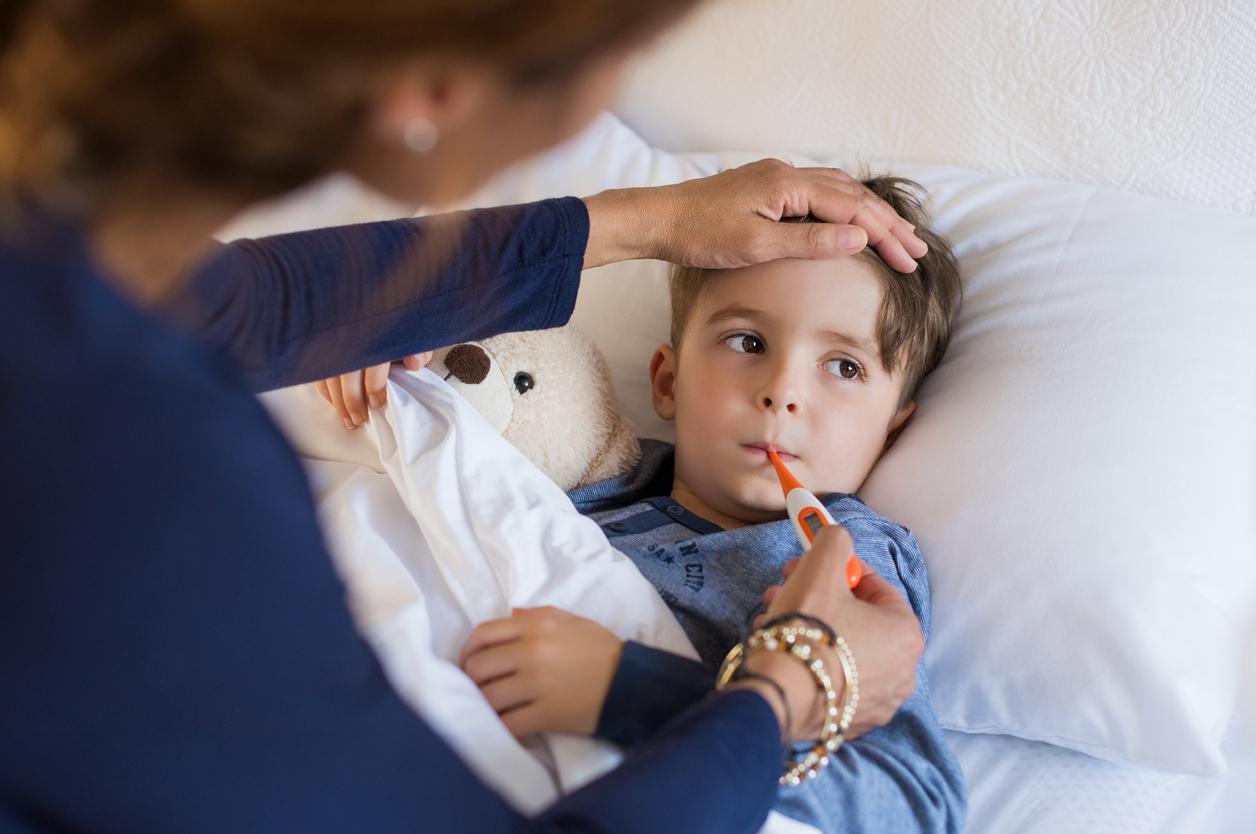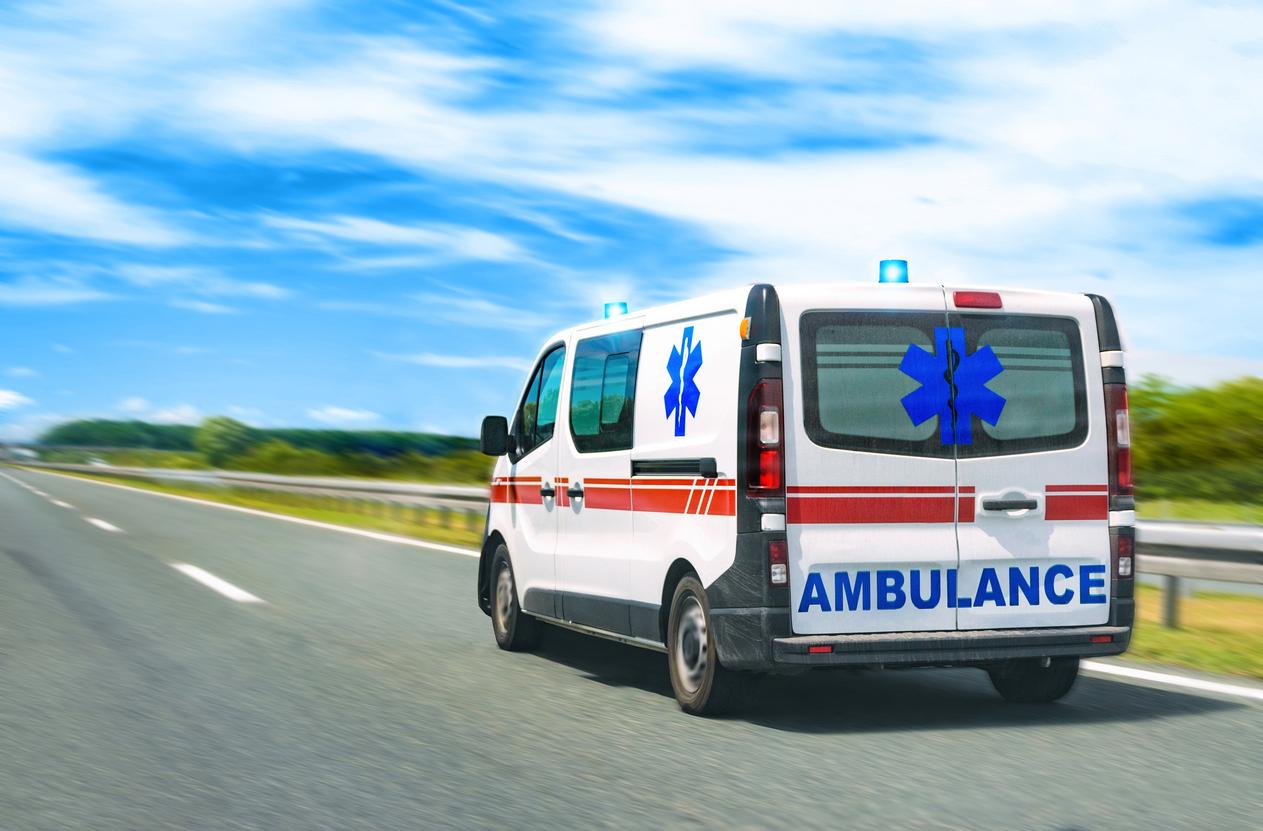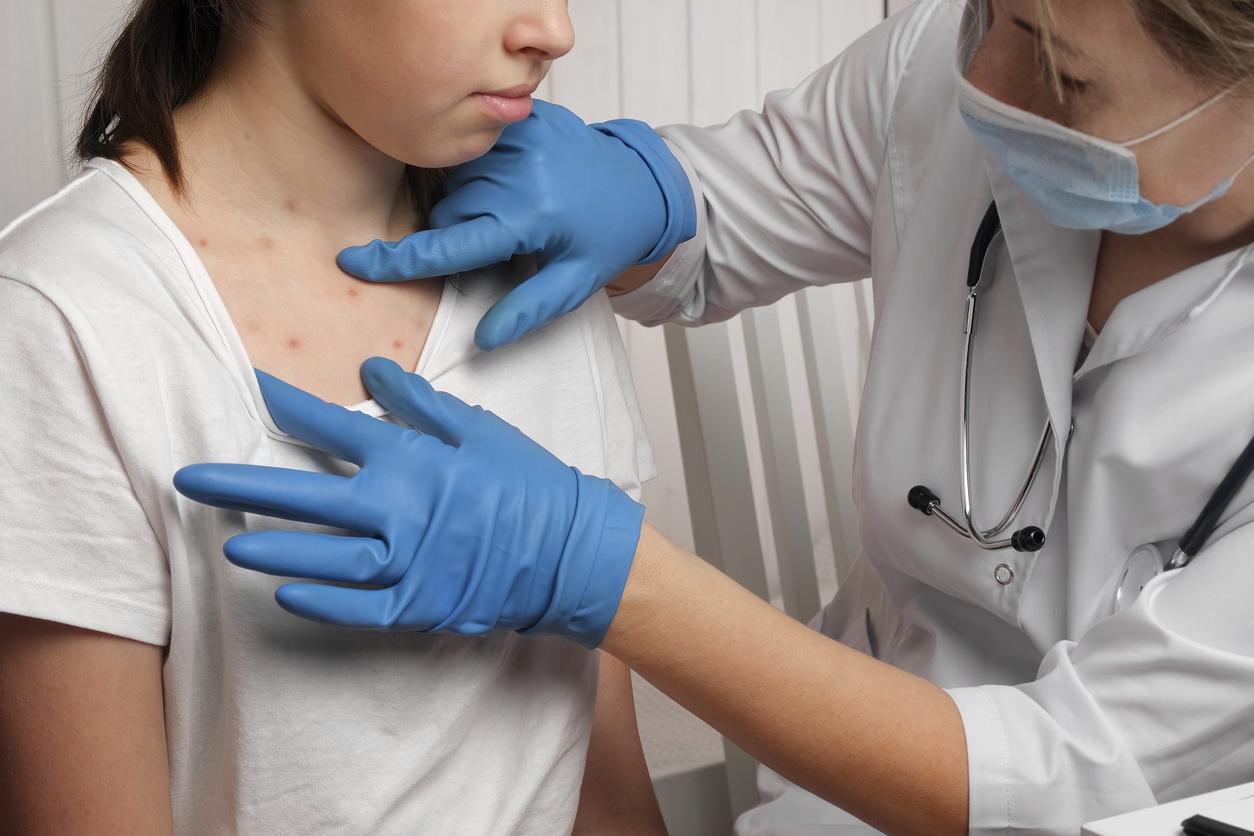World Malaria Day on April 25 is an opportunity to recall the dangers of this infectious disease transmitted by mosquitoes and the measures to protect against it.
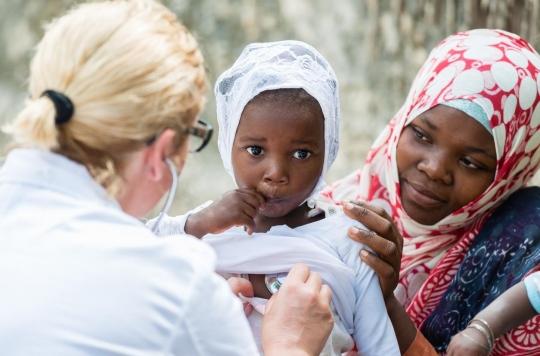
Although it is not rife in France, paludism (or malaria) is the most common parasitic infection in the world and causes hundreds of thousands of deaths each year, the vast majority of which are children under the age of 5.
Caused by parasites transmitted by the bite of an infected female Anopheles mosquito, malaria is characterized by high fever, chills, muscle and joint pain, headache, diarrhea and nausea. The incubation period is on average 7 days. If left untreated, serious complications can occur: it is primarily a brain damage (“neuralaria”) that occurs when parasite-infected blood cells reach the brain, causing delirium, loss of consciousness, coma or death.
Death can also be linked to pulmonary edema (a buildup of fluid in the lungs that can lead to serious breathing problems), failure of certain organs such as the kidneys or liver, or rupture of the spleen, which can all cause death.
Malaria is present in 89 countries around the world
In 2018, 228 million cases and 405,000 deaths were recorded worldwide, according to the world health organization (WHO). “Children under the age of five are the most vulnerable group affected by malaria; in 2018, they accounted for 67% of deaths attributable to malaria worldwide (i.e. 272,000).”
The share of the global burden of disease is greater in the African region since “93% of malaria cases and 94% of deaths attributable to this disease occurred in this region”, but South America (Brazil, Bolivia, Panama, Peru, Guatemala…) and Asia also harbor an increased risk of malaria. “International travelers may be at risk of malaria infection in 89 countries around the world”precise WHO.
How to protect yourself from malaria?
How to protect yourself when traveling? “Different anti-malarial molecules can be used in prevention during a trip to an endemic area or in treatmentindicates the government. Preventive treatment, always on medical prescription, is adapted to the areas visited (risk, existence or not of resistance), to the duration of the trip and of course to the person traveling (age, medical history, intolerance to antimalarials, possible drug interaction , pregnancy…).”
Very important: the occurrence of malaria under drug prophylaxis is a possibility. It can be the consequence of chemoprophylaxis unsuited to the geographical area (high level of resistance) or, more often still, of poorly followed chemoprophylaxis (taken irregularly or stopped too soon after returning). Among the antimalarial treatments is the famous chloroquine, the virtues of which Professor Didier Raoult sells in the fight against Covid-19.
It is also advisable to protect yourself from possible mosquito bites by wearing long clothes, impregnated with insecticide, applying a repellent or even sleeping with a mosquito net.










